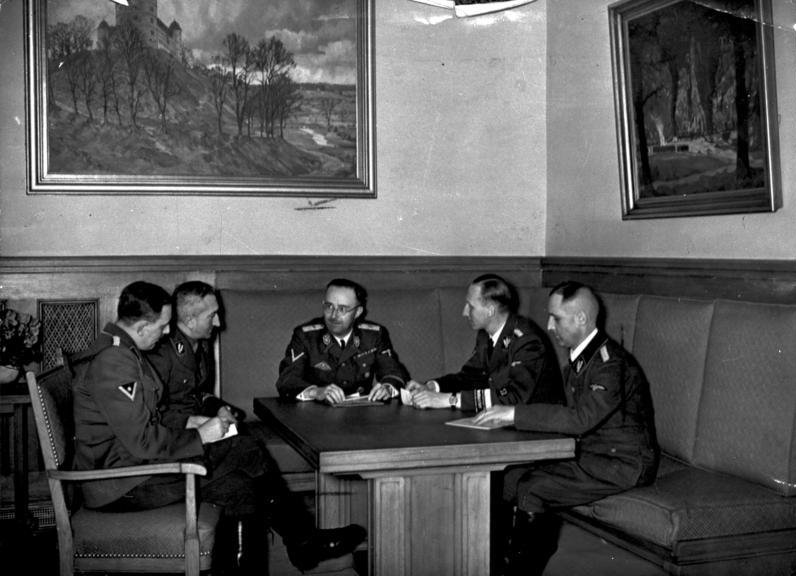On November 8th, 1939, a bomb intended to kill Adolf Hitler exploded in a Munich beer hall just minutes after he had left. This event marked a near-miss assassination attempt by Johann Georg Elser, a courageous individual who defied the Nazi regime.
Elser, a carpenter from Germany, meticulously planned the attack on Hitler. He had been observing the Nazi leader’s movements for months, studying his routines and identifying the perfect opportunity to strike. Elser knew that Hitler would be delivering a speech at the Bürgerbräukeller beer hall in Munich on that fateful night.
Using his carpentry skills, Elser secretly constructed a time bomb and planted it behind a pillar in the beer hall. He set the bomb to detonate at 9:20 pm, after Hitler had finished his speech and left the building. Elser’s plan was to eliminate Hitler and other high-ranking Nazi officials who would be present at the event.
However, fate intervened, and Hitler unexpectedly cut his speech short by 13 minutes, leaving the beer hall at 9:07 pm. At precisely 9:20 pm, the bomb exploded, causing significant damage to the building and claiming the lives of eight people. Unfortunately, Hitler had narrowly escaped death once again.
Elser was arrested while attempting to cross the Swiss border a few days later. During his interrogation, he revealed his motive for the assassination attempt. Elser despised Hitler and the Nazi regime, believing that their actions were leading Germany towards war and destruction. He hoped that by eliminating Hitler, he could prevent further bloodshed and bring an end to the Nazi rule.
Elser’s act of defiance highlighted the internal opposition to the Nazi regime. While many Germans supported Hitler, there were individuals like Elser who were willing to risk their lives to challenge his authority. Elser’s meticulous planning and determination demonstrated the resilience of those who opposed the Nazi ideology.
Despite his capture, Elser’s actions had a lasting impact on the Nazi regime. Hitler and his inner circle became aware of the internal opposition and subsequently intensified their security measures. The failed assassination attempt also fueled Hitler’s paranoia, causing him to become even more suspicious of those around him.
Elser was interrogated and tortured by the Gestapo for months before being transferred to the Dachau concentration camp. He was held there until the end of the war when he was executed on April 9th, 1945, just a few weeks before the camp’s liberation.
Historical Significance
The assassination attempt on Hitler in 1939 serves as a reminder of the internal dissent within Nazi Germany. While the majority of Germans supported Hitler, there were individuals like Elser who opposed his regime and were willing to take drastic measures to challenge his authority.
Elser’s failed attempt also highlights the resilience and determination of those who opposed the Nazi ideology. Despite the risks involved, they were willing to risk their lives in the hope of bringing an end to Hitler’s reign and preventing further bloodshed.

